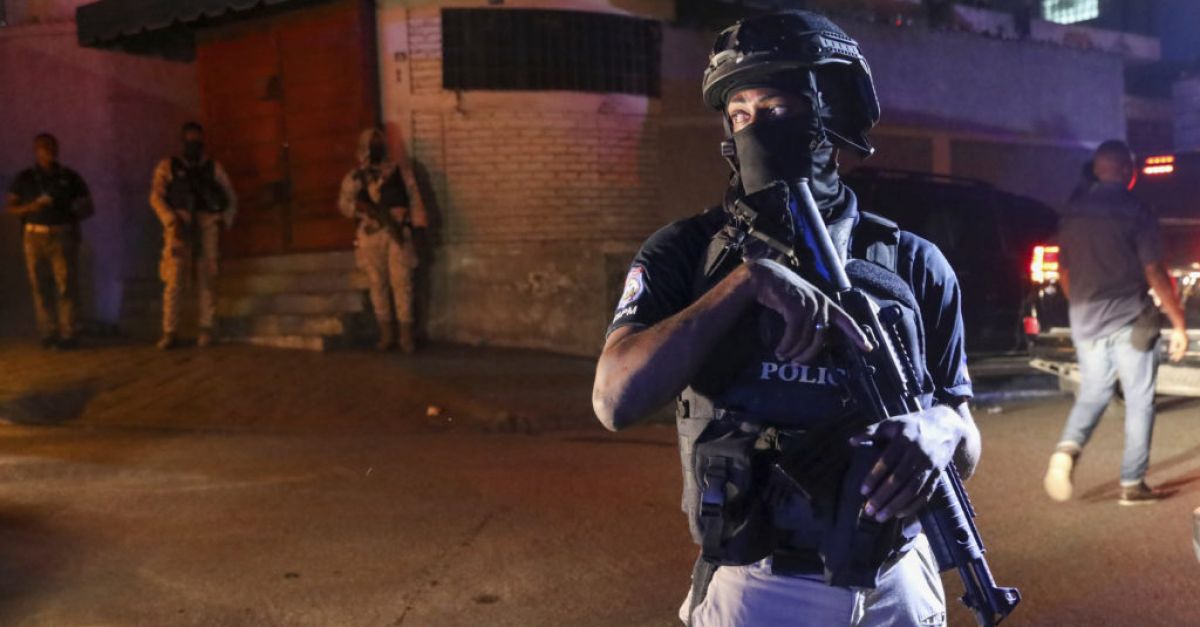Lawmakers again on Thursday pushed for the passage of a bill that would prohibit students from being charged for displaying disruptive behavior at school.
“All this bill does is it prevents students from being charged with a crime for something that really shouldn’t be a crime,” Del. Sheila Ruth, a Baltimore County Democrat and the bill’s sponsor, said during Wednesday’s House Ways and Means Committee hearing.
House Bill 615 would prohibit students from being charged with a crime under Maryland’s education code that criminalizes behaviors that disrupt school time, like a child not sitting in their seat in class or being too rough while playing a sport.
If a child violates another state law, like committing assault or carrying a firearm at school — both of which are illegal — they are still able to be arrested “even if this passes,” said Ruth.
The legislation passed out of the Senate in 2022 and 2023, but failed to make it out of the House Ways and Means Committee both years.
“This does not prevent children from being charged with a crime on school grounds, at all,” she said, explaining what the bill “does not do” to prevent misunderstanding among lawmakers. “If children commit assault — subject to our other laws — if they break the law, they are able to be charged.”
Ruth said that there are avenues outside of criminalization in Maryland schools that can address poor behavior in students. She called the law that criminalizes students for disrupting school activity “an antiquated law” under Maryland’s education code that was not intended to be used the way it has been.
“I don’t think this type of thing should even be in the education code,” Ruth said. “The criminal code is there for criminal offenses. Education code is there to help children succeed in school.”
Alyssa Fieo, an education attorney for the Maryland Office of the Public Defender, said that, rather than charging kids with disrupting school activities, school officials can refer to the Student Code of Conduct, which lists procedures they can utilize. They can also set students up with support teams to help them plan ways to support kids who frequently engage in disrupting behavior.
Fieo said the law is applied in “random and arbitrary ways” at the discretion of school officials, and that it flies in the face of certain provisions under the Blueprint for Maryland’s Future education reform law.
“Charging a student with this provision breaks any sense of trust that a student would have” with school faculty, said Fieo.
Levi Bradford, an education attorney with the Public Justice Center, said the statistics regarding who most often faces charges for disrupting school activities are “alarming.” According to Bradford, Black children are five-and-a-half times more likely to be referred to the Department of Juvenile Services for disrupting school than white children, and children with disabilities are more than three times as likely to be referred than those without disabilities.
During fiscal year 2022, disrupting school activities was the fourth-most racially disparate offense children faced and the fifth-most common reason minors faced referrals to the Department of Juvenile Services, Bradford said.
Ruth called criminalizing a child’s behavior “counterproductive,” noting that studies have shown that minors who are arrested often re-offend and drop out of school at higher rates than those who don’t face criminal charges.
“We’re not helping public safety,” Ruth said. “We’re hurting public safety by arresting these children for this, and we are hurting their outcomes.”
________
Signup bonus from





